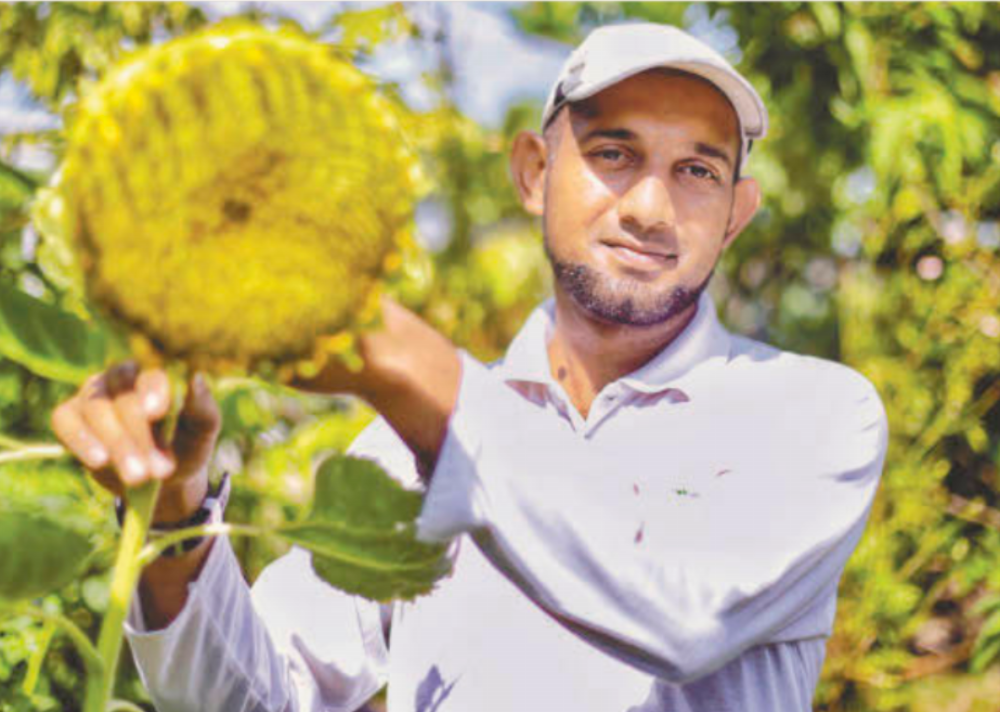THERE are many good reasons to cultivate your own greens. You can ensure that your crop is pesticide free, there will be an endless supply and it can be an environmentally-friendly enterprise.
But lately, enthusiasts have found another reason to grow their own vegetables. The United Nations Food and Agricultural Organisation had recently warned that the Covid-19 pandemic could have a negative impact on food production and supply.
For Irfan Mohamed, what better way to address this problem than to start your own farm, even if you live in an urban area.
The director and co-founder of Urban Hijau is always happy to teach enthusiasts how to grow vegetables and fruits in a productive and environmentally-friendly way.
Urban Hijau is a social enterprise that promotes the use of permaculture in farming, an essential way to cultivation in a land-scarce urban setting.
Since it was started five years ago, about 200 volunteers have already worked at the farm at some point.
This is one of nine such farms in the Klang Valley.
At his farm in Sungai Penchala, near Petaling Jaya, Irfan has up to 150 species of crops under cultivation. They include kangkong, red brinjal, kale and bananas. All of them are pesticide-free .
Irfan said the methods used on his farm can be easily adopted for private home gardens, shared community gardens and even small window boxes for those who live in apartments.
But starting the farm five years ago was not an easy task, he said.
“The challenge was more mental than physical,” he told theSun during a recent visit to his farm.
“We had never grown our own food.”
The concept of cultivating one’s own food was also a novelty. Irfan and his friends decided to try permaculture and their appeal for help was quickly answered.
“In the end, we had more than 90 practitioners of permaculture across the country offering to help,” he said.
As the Urban Hijau farm was on a slope, there was fear of erosion, so a farmer volunteered to plant vertiver, a tall grass native to India, to prevent soil movement.
Their first crop was the humble ginger that was ripe for harvest after nine months.
“Just like a baby,” Irfan said with a laugh.
They have since experimented with other crops and even grown heirloom, or non-hybridised plants.
“I prefer them because we can trace the origin of the seed. The added benefit is that heirloom crops are more resilient and easier to harvest.”
For fertilisers, Urban Hijau uses vermi-compost. According to Irfan, worms are used to mix decaying vegetables and food waste.
He said garlic and chilli can be used to deter bugs from attacking the crops.
“More importantly, the compost should not have an odour.”
The demand for organic vegetables has grown as more consumers become aware of their benefits.
Some consumers even place orders before the harvest reaches the market.
Irfan’s goal is to “bridge the gap between people and plants”.
Ideally, he said, there should be a farm in every urban residential area.
For those who want try their hand at urban farming, Irfan’s advice is to start with hardy but easy to cultivate plants.










